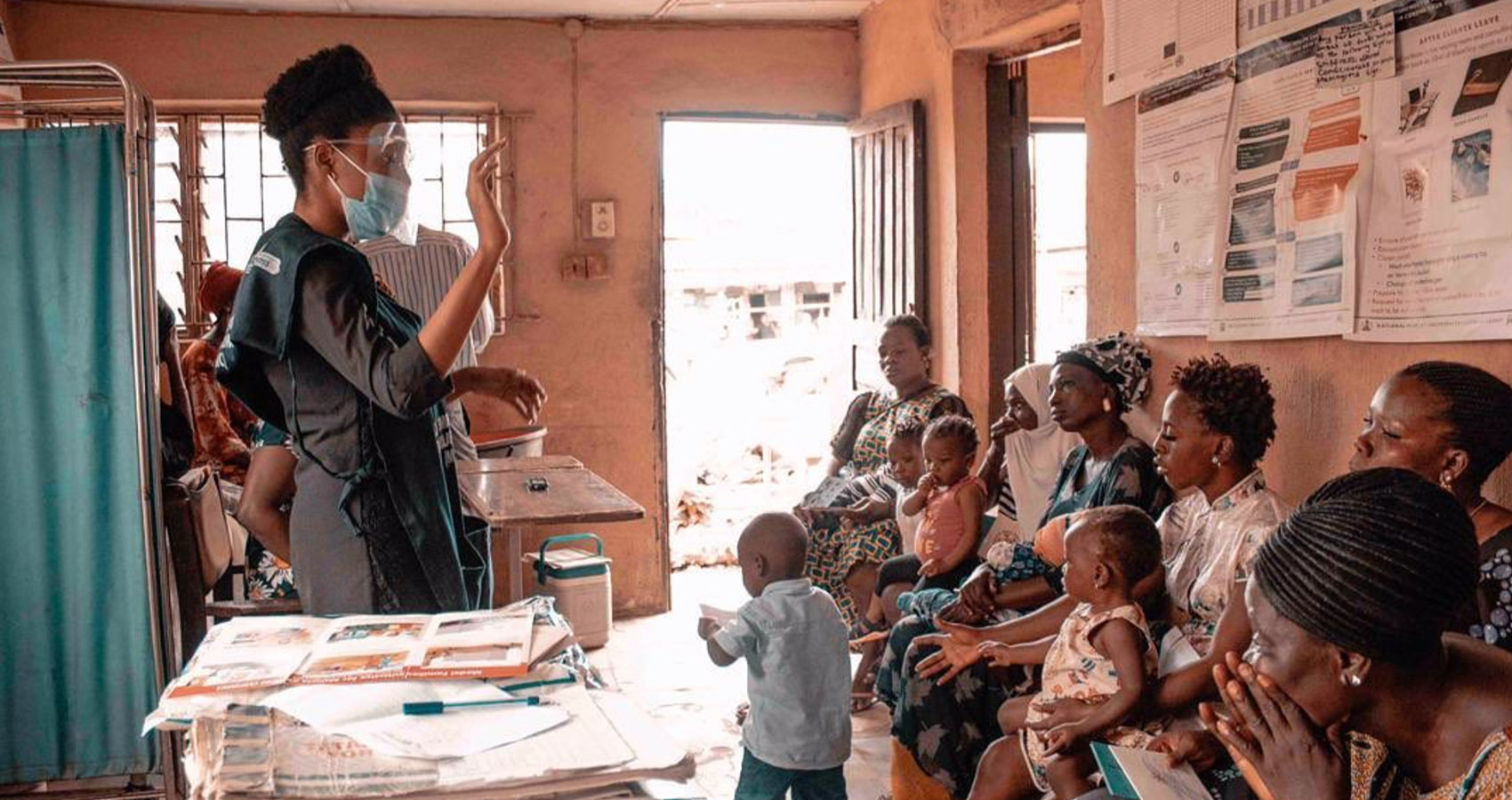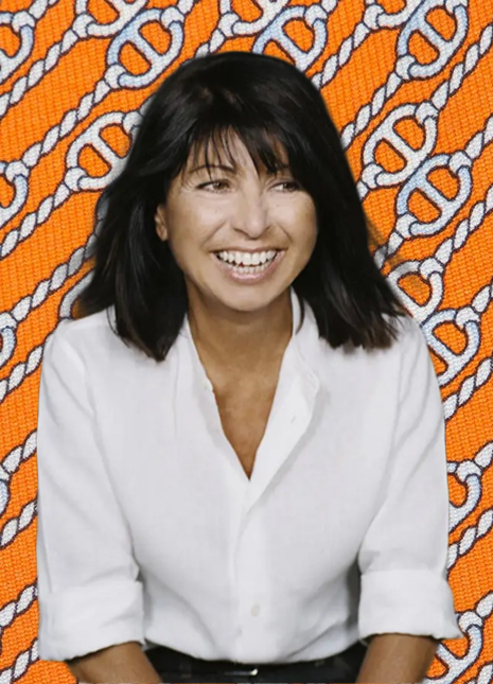
WHO Backs the Use of World’s First Malaria Vaccine in Africa
It was a historic day in the fight against parasitic disease.
The World Health Organisation has recommended the rollout of the first malaria vaccine. The rollout hopes to save tens of thousands of children’s lives across Africa each year.
The WHO director-general, Dr Tedros Adhanom Ghebreyesus, said that it is a “historic day”, continuing that after the successful pilot programme in the African countries, the vaccine should be made more widely available.
Tedros, in a press conference in Geneva, said, “I started my career as a malaria researcher, and I longed for the day that we would have an effective vaccine against this ancient and terrible disease. And today is that day, an historic day. Today, the WHO is recommending the broad use of the world’s first malaria vaccine.”
A child dies from #malaria every two minutes.
— World Health Organization (WHO) (@WHO) October 6, 2021
One death is one too many.
🚨 Today, WHO recommends RTS,S, a groundbreaking malaria vaccine, to reduce child illness & deaths in areas with moderate and high malaria transmission https://t.co/xSk58nTIV1#VaccinesWork pic.twitter.com/mSECLtRhQs
The vaccine was developed by the British pharmaceutical company GlaxoSmithKline (GSK) and is called RTS,S vaccine, commonly known as Mosquirix. It has been administered to more than 800,000 children in Ghana, Kenya and Malawi since the pilot programme began in 2019.
The vaccine has limited efficacy, preventing 39% of malaria cases and 29% of severe malaria cases among small children in Africa over four years of trials.
"The long-awaited malaria vaccine for children is a breakthrough for science, child health and malaria control." – @WHO chief @DrTedros.
— BBC News Africa (@BBCAfrica) October 6, 2021
After successful pilots in 🇬🇭, 🇰🇪 and 🇲🇼, the agency recommends the #MalariaVaccine for use in sub-Saharan Africa. https://t.co/p0KLOFvoOh
A study in August led by the London School of Hygiene & Tropical Medicine found that when young children were given both the RTS,S and antimalarial drugs, there was a 70% reduction in hospitalisation or death.
On Wednesday, Tedros said, “Using this vaccine in addition to existing tools to prevent malaria could save tens of thousands of young lives each year [...] It is safe. It significantly reduces life-threatening, severe malaria, and we estimate it to be highly cost-effective.”
GSK said it was committed to supplying up to 15m doses a year at no more than 5% above the cost of production and would now work with partners, funders and governments to support the additional supply of the vaccine.











